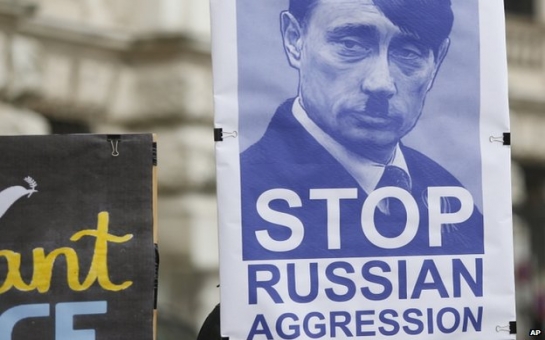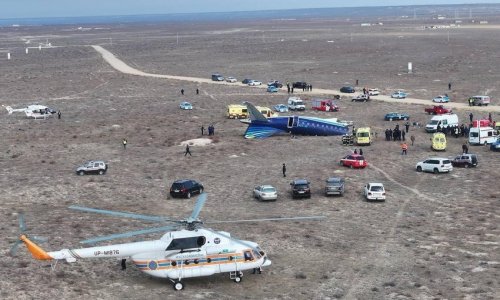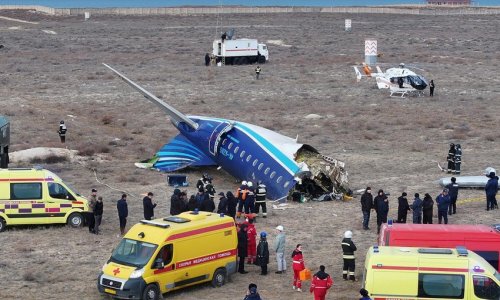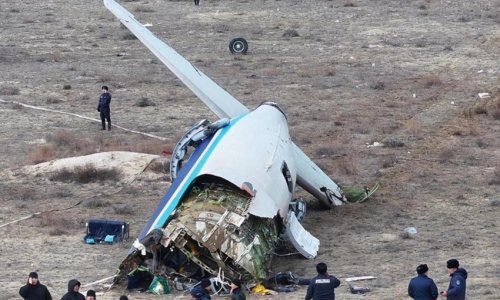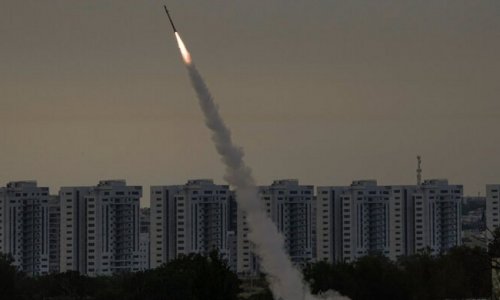Crimean MPs' controversial call for a referendum on joining Russia has reminded some observers of previous acts of aggression in Europe.
Some well-known politicians and commentators around the world are drawing parallels with other countries where an ethnic minority's interests were once backed by a powerful neighbour, with far-reaching consequences. Adolf Hitler's plebiscite in the Sudetenland is often mentioned in this connection.
So what happened in the Sudetenland in 1938?
The Sudetenland was the name for northern, southwest, and western areas of pre-war Czechoslovakia, which - until 1945 - were inhabited mostly by German speakers.
The Sudeten crisis began in February 1938 when Hitler demanded self-determination for all Germans in Austria and Czechoslovakia. The Sudeten Nazi Party called for union with Germany and started rioting. Such was the unrest that the Czechs had to send in the army. German newsreels showed what they called "evidence of Czech atrocities against the Sudetens".
The Czech government mobilised its army twice that year, in May and again in September, thinking that the Germans were about to invade. But then came the Munich conference, at which Britain and France, in an attempt to appease Nazi Germany, gave the Sudetenland to Germany. Hitler sent his troops into the Sudetenland in October 1938 - and before long Europe was plunged into World War Two.
Nazi-style land grab?
Czech Senate Speaker Milan Stech recently compared the Crimea crisis to Hitler's annexation of Czechoslovakia in 1938.
That comparison was echoed by Canada's Foreign Minister John Baird. Speaking to the CBC TV channel, he said: "Sudetenland was mainly occupied by Germans, but this did not give Germany the right to do what they did... in the 1930s."
Former US Secretary of State Hillary Clinton also compared Russian President Vladimir Putin's intervention in Crimea with Hitler's actions in the 1930s.
Former Georgian President Mikheil Saakashvili, who was backed by the US, remains bitter about the war in which Russia smashed his forces in 2008. So it is not surprising that he too made the Hitler comparison.
Writing in The Washington Post, Mr Saakashvili said: "Watching recent events and the global response, I keep thinking about history repeating itself - and other instances of aggression in Europe.
"In the 1930s, Nazi Germany occupied part of neighbouring Czechoslovakia under the pretext of protecting ethnic Germans. Today, Russia is claiming to protect ethnic Russians… in Crimea or Georgian territories… Many in the West are talking about the need to reach some kind of compromise with Russia, an option that smacks of Munich 80 years ago."
Similar sentiments are being expressed by some Ukrainians. Thousands of Ukrainian demonstrators have picketed Russian embassies around the world, often brandishing Ukrainian flags and banners depicting Vladimir Putin as Adolf Hitler, and telling Russia to keep its "hands off Ukraine".
Different era
There are important differences too, of course.
Crimea has been a battleground throughout its history. Russian empress Catherine the Great annexed it in 1783 and the peninsula was then ruled by Russia until it was transferred to Ukraine - then part of the Soviet Union - in 1954, by then Soviet leader Nikita Khrushchev.
In Soviet times that transfer appeared uncontroversial, but all that changed with the 1991 collapse of the Soviet Union, when Crimea became part of independent Ukraine.
Only after years of negotiations did Russia and Ukraine agree on the terms for the Black Sea Fleet to continue using its base at Sevastopol.
Unlike Crimea's centuries-old links with Russia, the Sudetenland was for centuries an undisputed part of the Czech Kingdom - long before Germany staked a claim.
The Czech Kingdom itself belonged to the multinational Holy Roman Empire and subsequently the Austro-Hungarian Empire, where German was predominantly spoken. When Czechoslovakia came into being in 1918, the German-speaking minority demanded autonomy. Czechoslovakia did not recognise their right to self-determination.
After Germany was defeated in 1945, millions of ethnic Germans were driven from their homes in Sudetenland as the Czechs made the Sudeten German minority pay for the brutal Nazi occupation.
(BBC Monitoring)
ANN.Az

